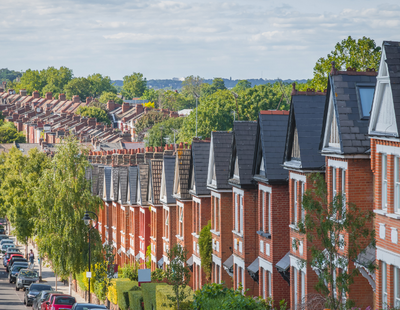
The Irish government says it’s considering buying properties that were listed on Airbnb and other short-let platforms before the pandemic.
In an interview with Irish newspaper The Journal, the country’s new housing minister - Darragh O’Brien - says his administration is preparing an economic stimulus plan which will seek to acquire properties that were once listed on Airbnb and other short-term letting websites.
In the Republic, as in the UK, many Airbnb and other short let properties were either put back into the longer-term rental market or left empty during the pandemic, as traveller numbers plummeted.
“The Airbnb properties that are now not being used – is there an opportunity for the state to buy more of them? It’s something that I’m looking at, absolutely. It is something that I want to do frankly” O’Brien tells The Journal.
“If there are opportunities for the state to buy, at reasonable prices, so we can house people and then they can rent them on a secure basis from the state, then we should.”
While the minister said he could not go into much detail on the stimulus package, he said acquisitions of properties, such as Airbnb properties, will be included in the department’s submission.
“I think we have a chance to do some quite significant things right now” he adds.
Meanwhile other countries are also taking action against what they consider to be problems associated with fast-rising short let sectors.
Hungary’s parliament is debating an initiative allowing local councils to cap the number of days they allow proprietors to rent out apartments on a short-term basis.
Bloomberg news agency says the idea enjoys widespread support among political parties, who are broadly agreeing that rising housing costs and an increase in anti-social behaviour are caused largely by over-tourism.
And in the Portuguese capital of Lisbon, the mayor is pledging to “get rid of Airbnb” when the pandemic ends, by turning over the properties to become affordable housing for long-term tenants.
Airbnb property owners apply to rent to the city authorities for a minimum of five years.
If approved, the city pays them rents capped at levels considered affordable; these are below market value, but the city takes the responsibility of finding tenants through its affordable housing program targeted at younger renters and lower income families.
Landlords in the scheme are also exempt from property and capital gains taxes.













%20-%20IMAGE%20Client%20Accounting%20%E2%80%93%20what%20are%20your%20options.jpg)





Join the conversation
Be the first to comment (please use the comment box below)
Please login to comment